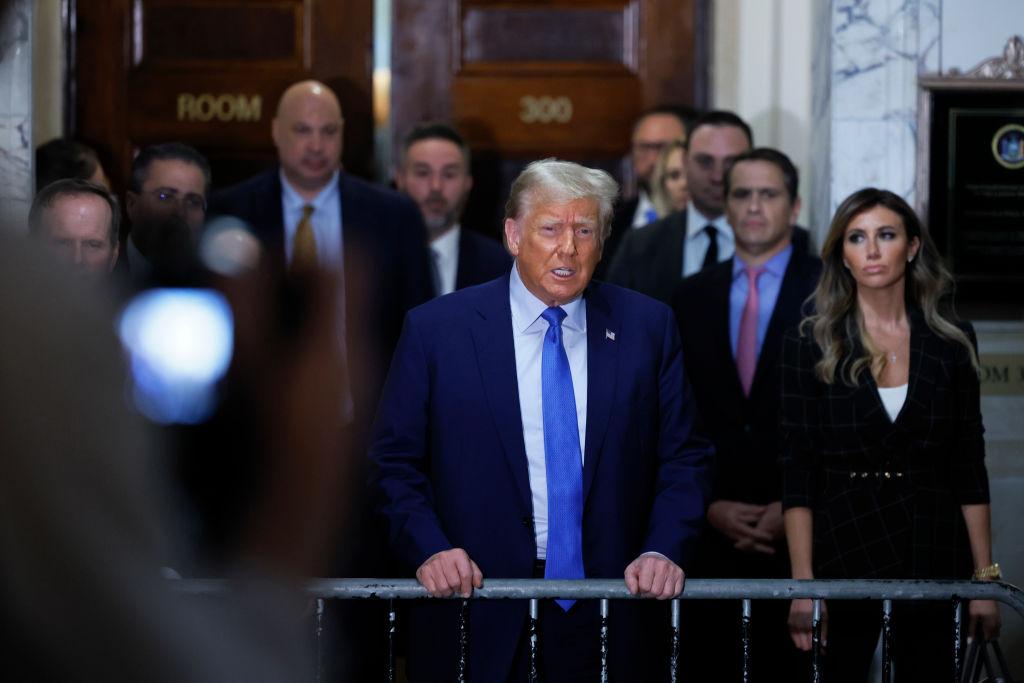Defense attorneys filed a letter on Nov. 24 rejecting the use of one gag order on former President Donald Trump to justify another.
The former president had two gag order imposed on him—one in a New York civil case, another in federal criminal court—which could complicate his ability to campaign effectively as he seeks to run for reelection in 2024. His legal teams have appealed both gag orders, which have since been temporarily lifted pending a decision from the respective appeals courts.





